Coastal Processes, Hazards and Society
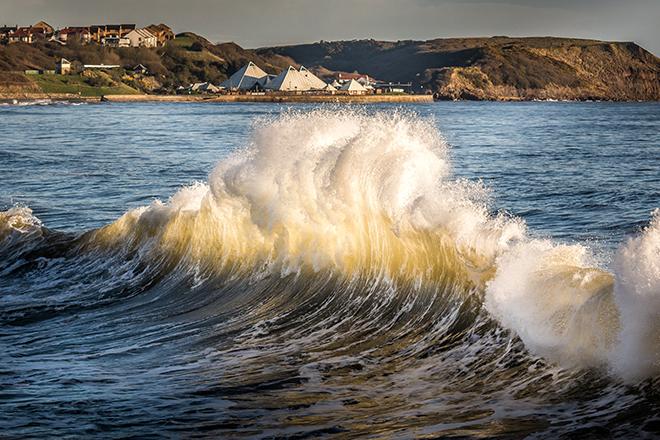
Credit: Wave 2444043 by TimHill is licensed under CC0
Resource Description
Has your attention recently been caught by news of coastal catastrophes such as hurricanes and tsunamis? Do you wonder why so many coastal communities in the world are vulnerable to flooding and other coastal hazards? Have you considered what coastal flood protections cities like Houston and Miami will need in the future to protect their residents? This course will provide a better understanding of these phenomena. We present a global perspective of coastal landscapes, the geologic processes responsible for their formation, and ways that society responds to hazards like sea level rise and catastrophic weather events. You will participate in active learning exercises such as analyzing real-world datasets and applying critical thinking to real-world societal problems while investigating a coastal community. Learn moreComputation and Visualization in the Earth Sciences
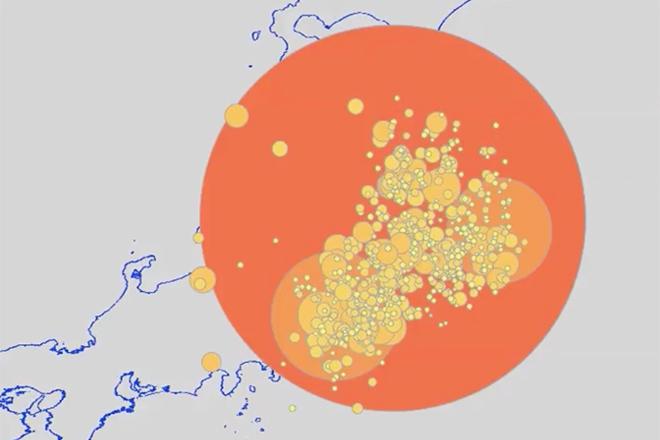
Credit: Earthquake locations from USGS by E Richardson © Penn State University licensed under CC BY-NC-SA 4.0
Resource Description
In EARTH 801, you will develop skills in a programming language designed for visual arts and visualization while exploring Earth science topics. Specifically, you'll learn and practice digital graphics capabilities in order to render Earth science concepts that are otherwise difficult to visualize due to complicated space and time scales. Here, you will interact with large, open, freely-available data sets by collecting, plotting, and analyzing them using a variety of computational methods. You'll be ready to teach secondary school students a range of Next Generation Science Standard skills involving data collecting, manipulation, analysis, and plotting. You'll also read and discuss current research regarding the teaching, learning, and evaluation of visualization skills, as well as multiple external representations of science concepts. Learn moreControversies in the Earth Sciences
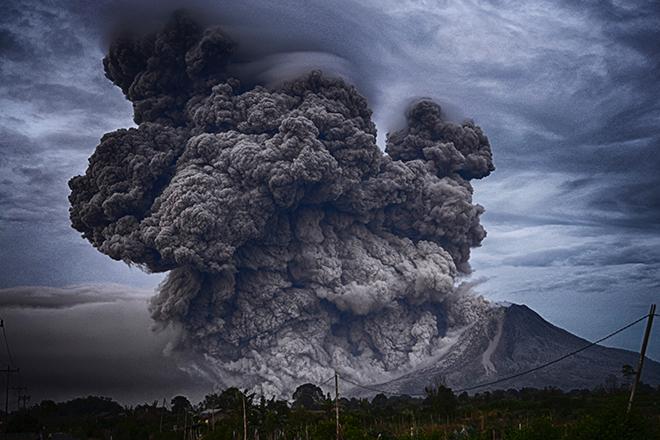
Credit: Ashers, volcano, eruption, landscape 1867440 by Pexels is licensed under CC0
Resource Description
Think science has all the answers? Think again. This course will use real, authentic data to explore and investigate modern controversies in Earth Sciences. Use tide gauge records to understand how countries around the world attempt to protect themselves from tsunami events. Process seismic data to predict earthquake recurrence in the New Madrid seismic zone, right here in the breadbasket of the US. Sort through the millions of years of the geologic timeline to shed some light on what actually did, and did not, kill the dinosaurs. Finally, use global atmospheric data to understand how misrepresentation of data can be used to paint a distorted view of past, present, and future climate. This course is no longer being offered for credit and has not been updated since 2018. Learn moreEarth in the Future
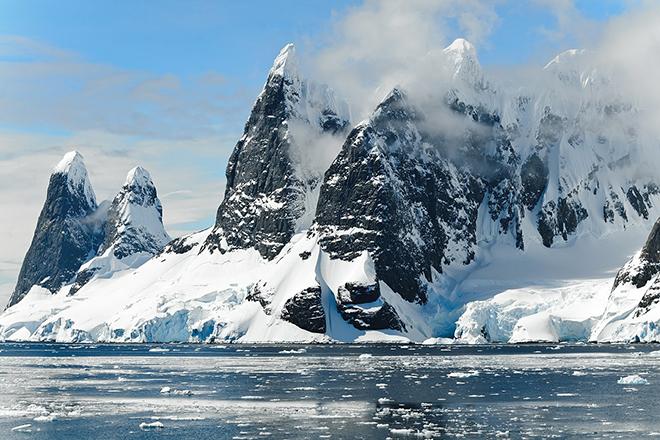
Credit: Mountains 482689 by Angie Agostino is licensed under CC0
Resource Description
Our planet is becoming hot. In fact, Earth may be warming faster than ever before. This warming will challenge society throughout the 21st century. How do we cope with rising seas? How will we prepare for more intense hurricanes? How will we adapt to debilitating droughts and heat waves? Scientists are striving to improve predictions of how the environment will change and how it will impact humans. Earth in the Future: Predicting Climate Change and Its Impacts Over the Next Century is designed to provide the state of the art of climate science, the impact of warming on humans, as well as ways we can adapt. Every student will understand the challenges and opportunities of living in the 21st century. Learn moreEarth Surface Processes in the Critical Zone
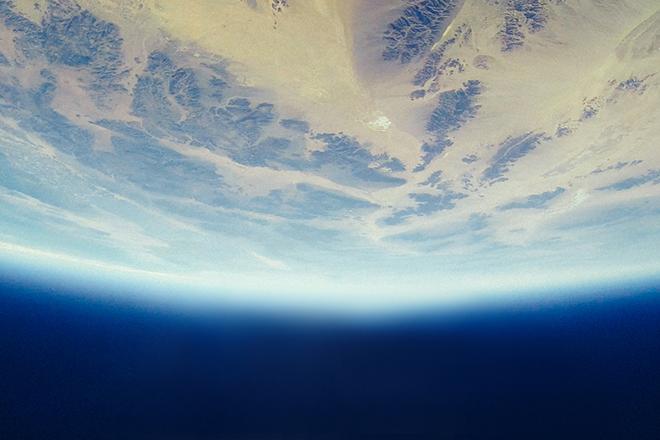
Credit: Blue and Gray Moon during Nighttime by Jaymantri is licensed under CC0
Resource Description
Rapid changes at Earth's surface, largely in response to human activity, have led to the realization that fundamental questions remain to be answered regarding the natural functioning of the Critical Zone, the thin veneer at Earth's surface where the atmosphere, lithosphere, hydrosphere and biosphere interact. EARTH 530 will introduce you to the basics necessary for understanding Earth surface processes in the Critical Zone through an integration of various scientific disciplines. Those who successfully complete EARTH 530 will be able to apply their knowledge of fundamental concepts of Earth surface processes to understanding outstanding fundamental questions in Critical Zone science and how their lives are intimately linked to Critical Zone health. Learn moreEnergy and the Environment

Credit: Home Energy by George Hodan is licensed under CC0 1.0
Resource Description
Our world runs on energy - without it, things come to a screeching halt, as the recent hurricanes have shown. Ever stop to wonder what our energy future is? What are our options for energy, and what are the associated economic and climatic implications? In "Energy and the Environment" we explore these questions, which together represent one of the great challenges of our time - providing energy for high quality of life and economic growth while avoiding dangerous climate change. This course takes an optimistic view of our prospects, and we'll see how shifting to renewable energy can lead to a viable future. Learn moreEssentials of Oceanography
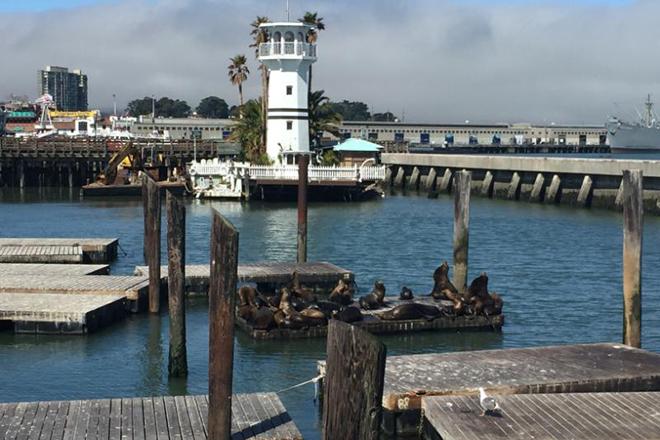
Credit: E. Rubio © Penn State University, is licensed under CC BY-NC-SA 4.0
Resource Description
The year is 2050 and your once-idyllic beachfront vacation home is now flooded up to the second story. The crab your family has enjoyed every Christmas for as long as you can remember has now become an endangered species. The oceans have changed. In EARTH 540, Oceanography for Educators, we explore the mechanisms that lead to sea level rise and ocean acidification. We strive to understand how natural processes such as ocean currents, the gulf-stream, tides, plate tectonics, and the Coriolis Effect, affect our oceans and ocean basins. We then predict how man-made issues such as climate change and overfishing will affect our beloved waters and our livelihoods. This course is no longer being offered for credit and has not been updated since 2019. Learn moreGeology of the National Parks
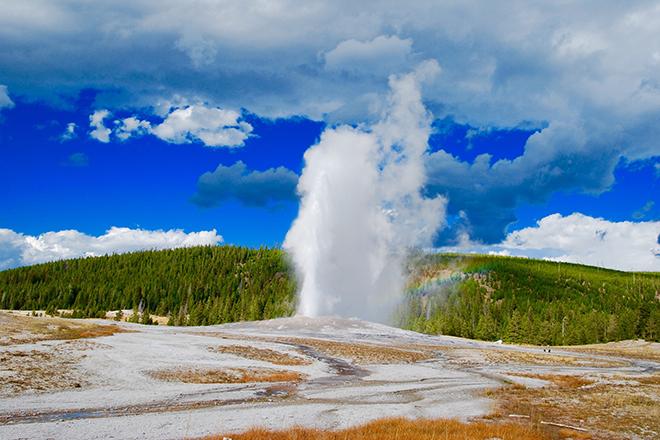
Credit: Geyser With Green Field Background by Damon Holle is licensed under CC0
Resource Description
Geysers and grizzlies and glaciers, oh my. The national parks may be America's best idea, saving the finest parts of the nation for everyone to enjoy forever. What better way to learn about the natural world than to tour the parks with us? We'll explore how the mountains and valleys formed and why they often come with volcanoes and earthquakes. You'll see what really killed the dinosaurs and how we can help save their modern relatives in the parks. With film clips, slide shows, and our geological interpretations of classic rock songs, isn't it time for a road trip? Learn morePlate Tectonics and People: Foundations of Solid Earth Science
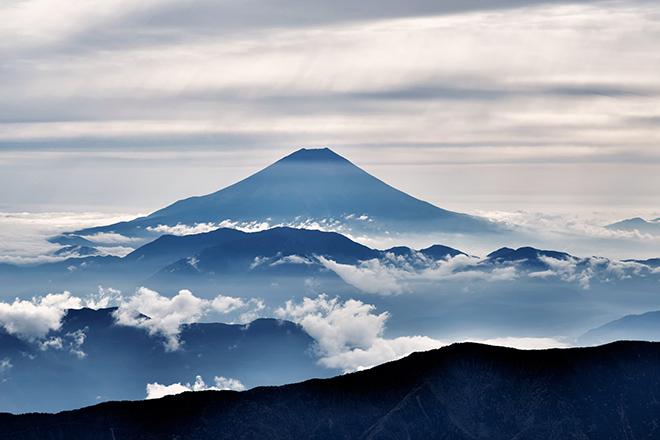
Credit: Fuji Vulkan Mount Fuji Silhuet Sky 2232246 by Kanenori is licensed under CC0
Resource Description
In this course we will explore topics from disciplines within the solid Earth sciences. In each lesson, we'll also touch on some ways the topic links to other scientific disciplines. Each unit is designed to present both the cutting-edge science as well as the background a secondary-school student (or her teacher) would need to place the research in context. Gaining an appreciation of how scientists choose the subjects they study is as fundamental to Earth science as the discovery of the facts themselves. You will learn appropriate state-of-the-art scientific content relevant to each topic by performing basic data analysis using publicly available data so that you will be able to use the data and lessons in any courses you teach. Learn moreWater: Science and Society
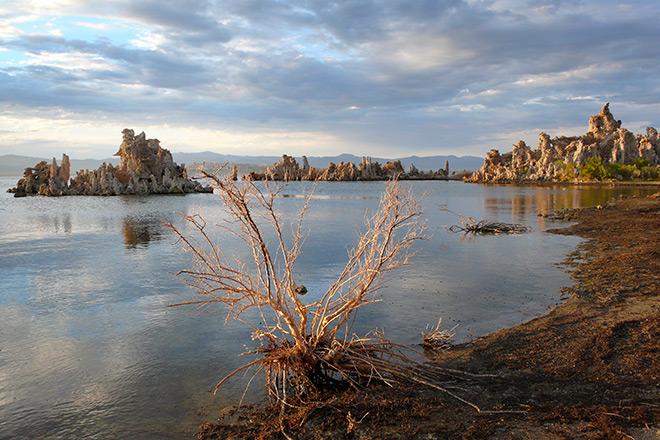
Credit: Tufa at Mono Lake, Sunset, 2007 by James J. Ludemann is licensed under CC BY 3.0
